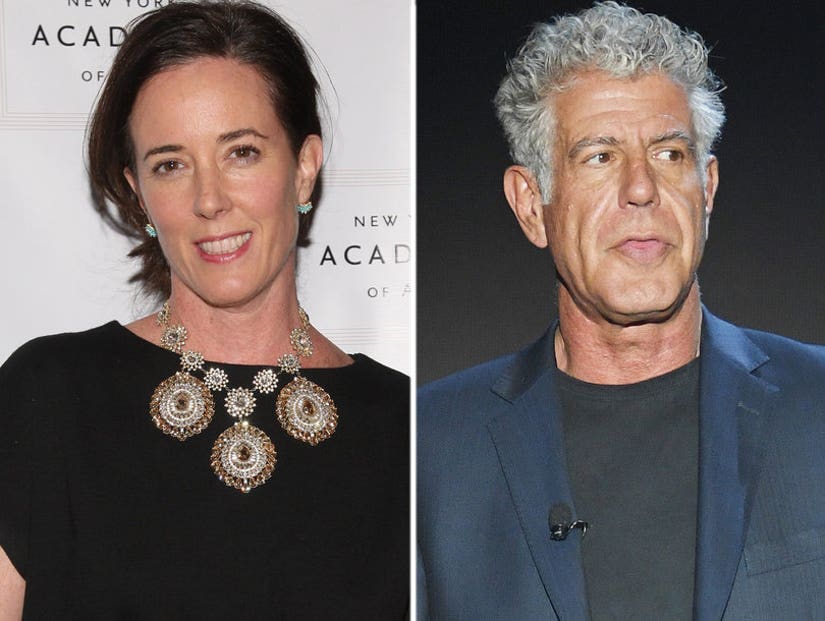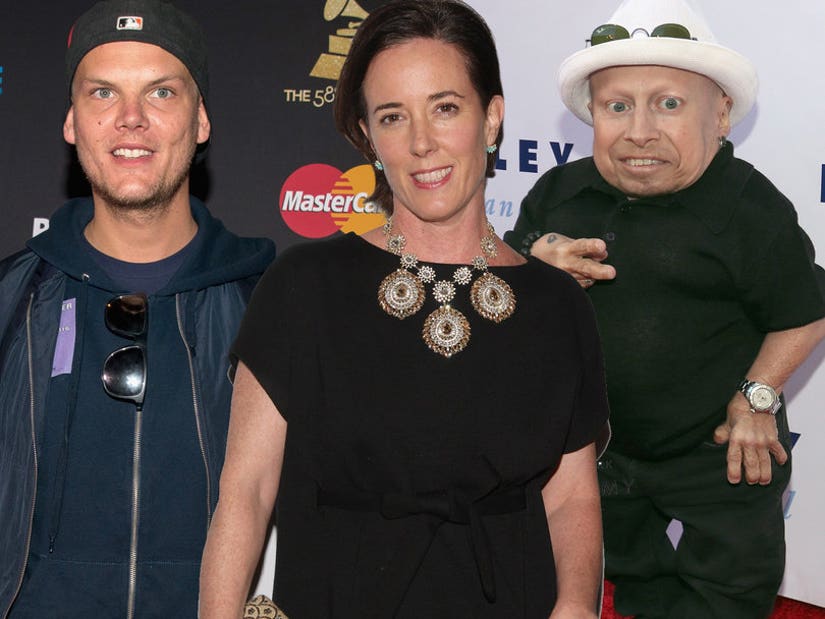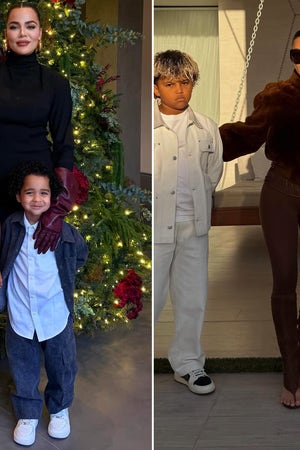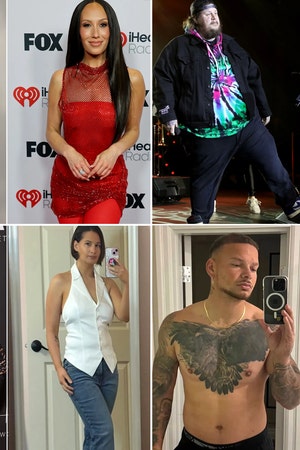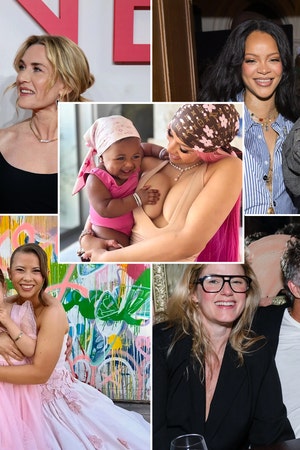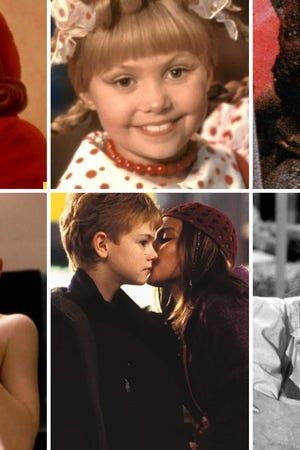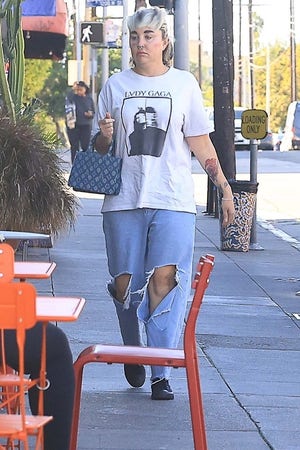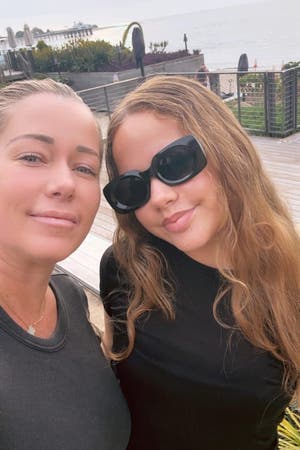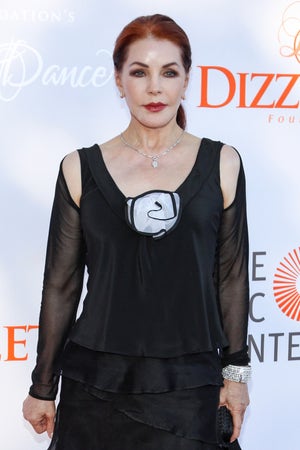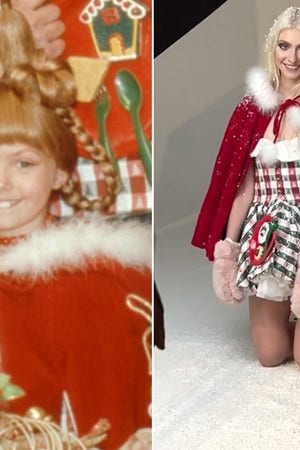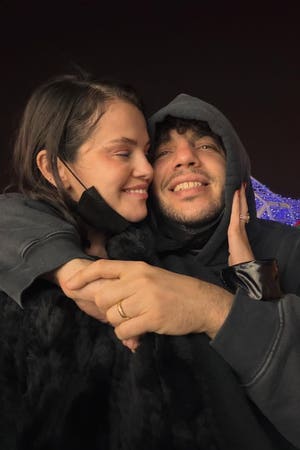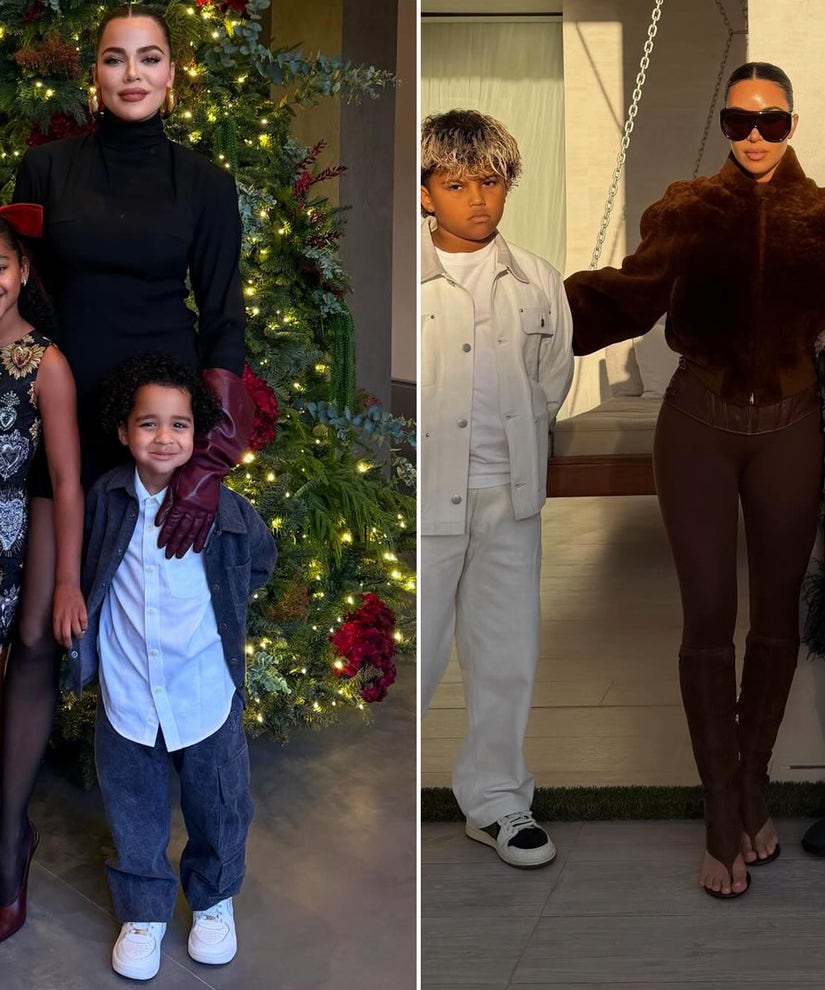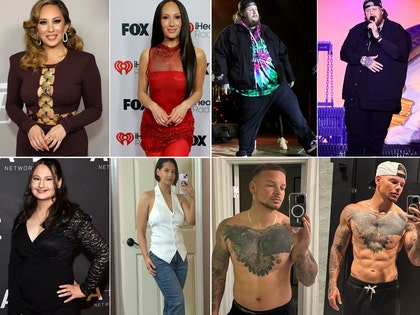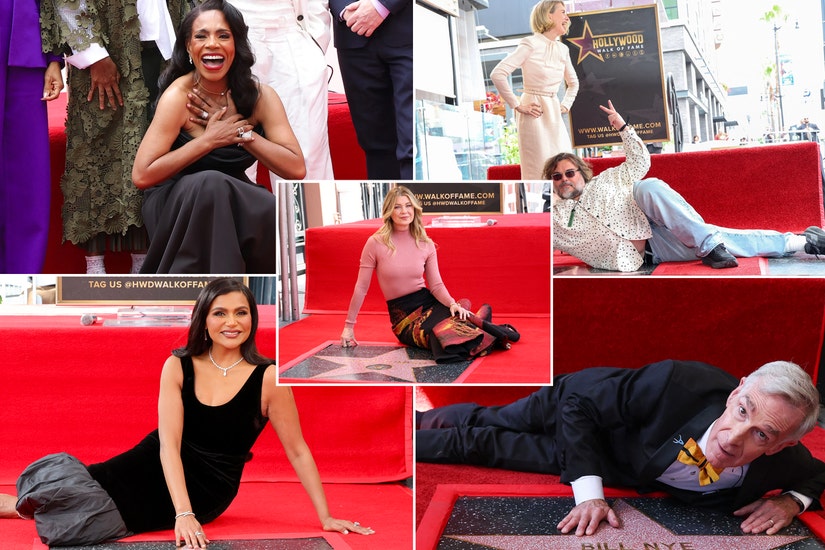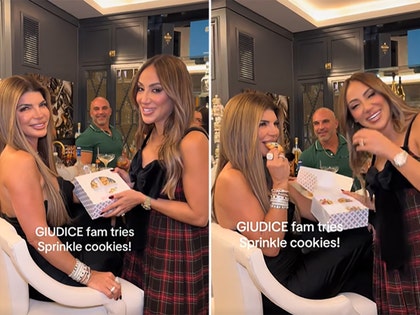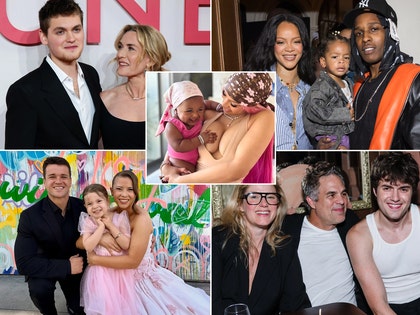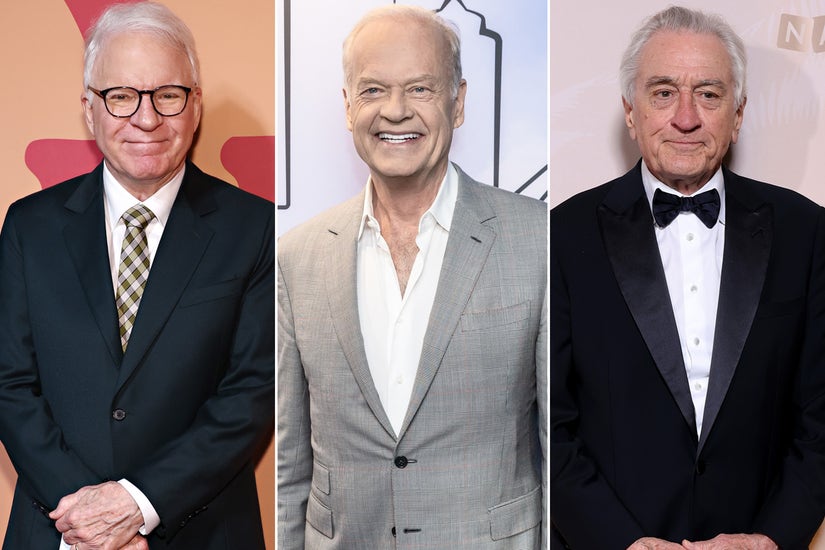Anthony Bourdain's death caused one of the busiest suicide prevention hotlines in the United States to go into overdrive.
As previously reported, there was a 25 percent increase in calls to the National Suicide Prevention Hotline in wake of the celebrity chef taking his own life the same week designer Kate Spade hung herself, but for the Didi Hirsch Mental Health Services' Suicide Prevention Center in Los Angeles, that meant more than double the call load.
"We saw a significant spike in calls to our crisis line last week," Dr. Kita Curry, president and CEO of the center, told TooFab. "Normally we answer about 250 calls in a 24-hour period. The day Anthony Bourdain's suicide was announced, we took 565 calls -- more than twice our normal number."
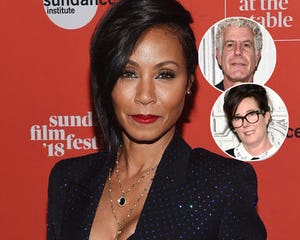 Getty
Getty
Jada Pinkett Smith 'Considered' Suicide 'Often': Actress Talks Mental Health in Wake of Kate Spade, Anthony Bourdain Deaths
View StoryWhen someone in need calls the national hotline, they're transferred to one of 150 crisis centers throughout the United States. Articles encouraging struggling readers to call the hotline for help, as well as celebrities doing the same on social media, are among the many factors that led to the boom in awareness, and the Didi Hirsch Center had no choice but to supply the demand.
"Our phones and chat lines were so busy we had to bring in about 20 extra crisis counselors to meet the need," Curry said.
Although the calls peaked on June 8 when reports of Bourdain's death flooded the national consciousness, Curry explained that "call volume has remained higher than normal since Kate Spade's death was announced" on June 5. But this phenomenon was no surprise to Curry and her team of "200 highly trained volunteers," who have a plan in place for these unfortunate circumstances.
"Whenever a public figure dies by suicide or a story runs that mentions the Lifeline number at 1-800-273-8255, we know we will have higher call volume," Curry said. "We prepare by calling in more crisis counselors to help staff the phones and computers. After Anthony Bourdain's suicide we had to bring in 20 more crisis counselors over several four-hour shifts to help take calls."
 Getty
Getty
'Ink Master' Star Dave Navarro Opens Up About 'Suicidal Thoughts'
View Story"Many callers mentioned Anthony Bourdain or Kate Spade when they called," Curry said. "In some cases, they noticed the hotline number on news reports and decided to reach out for help."
Celebrity Influence
This wasn't Curry's first rodeo. As National Suicide Prevention Hotline director John Draper told The Wall Street Journal, "Whenever a notable person commits suicide, calls to the hotline spike."
It happened four years ago when Robin Williams took his own life.
"The day Robin Williams' suicide became public, we had more than twice as many calls as usual," Curry explained. "And our call volume has remained higher and has grown ever since."
For Curry, it's a blessing and a curse when the media turns its attention to suicide. On one hand, as the data shows, it clearly encourages people to seek help. "Media coverage often raises awareness about resources and the connection between suicide and mental illness, for which there is treatment and help," Curry explained.
On the other hand, articles covering celebrity suicide can unintentionally serve as an instruction guide for those on the brink.
"But when publicity about celebrity suicides doesn't follow media guidelines -- when suicide is in the headline and methods are described in detail -- you're basically giving vulnerable people instructions on how to end their lives," Curry said. "Stories that glorify suicide can lead to copycat suicides, also known as 'suicide contagion' and re-traumatize those who have lost a loved one. That's why it's so important for reporters to learn and follow the guidelines."
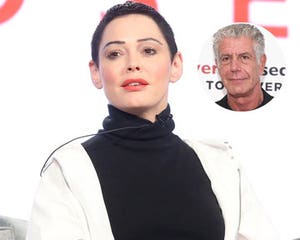 Getty
Getty
Rose McGowan Says Don't 'Blame' Asia Argento For Anthony Bourdain's Suicide
View StoryTraining for the Inevitable
Preparing to talk people out of suicide, or even just talking to concerned family and friends, is no easy task. Curry explained that each volunteer crisis counselor receives 100 hours of intensive training.
"The counselors learn how to ask open questions and how to be good listeners," she said. "They also learn techniques for de-escalating a crisis and how to provide appropriate resources for ongoing support."
Among the most important pieces of training volunteers undergo is learning how to identify the warning signs of a suicidal person. "Don't be afraid to ask if someone is suicidal and be prepared for the answer," Curry said.
And if they say yes, one of the worst things Curry said you can do is make that person feel bad about it. "Calling someone selfish or ungrateful or criticizing them for thinking about suicide is shaming and will further drive them into isolation and silence."
Volunteers don't get paid for their hard work, but Curry said there is a priceless benefit: "Volunteering is good for the community and your mental health."
To learn more about the Didi Hirsch Mental Health Services' Suicide Prevention Center in Los Angeles, watch the video below. And if you're interested in helping the non-profit organization raise money to continue saving lives, register for the 5K Walk/Run for Suicide Prevention in LA on Sept. 30.
"You can register as an individual, form or join a team in the name of a loved one or donate to show support. We expect about 2,000 people and to raise about $375,000 for our lifesaving services," Curry said. "You can learn more at www.aliveandrunning.org."
If you or someone you know needs help, call 1-800-273-8255 for the National Suicide Prevention Lifeline.

